The announcement by the prime minister that work-from-home guidance would be lifted on 19 July was met with a sense of optimism by business leaders and property owners, who since March 2020 have faced uncertainty around workforce operations and tenancies.

While a proposed return to the office and wider opening of hospitality venues has been deemed a hugely positive step for property stakeholders, it is one that bears obvious and immediate challenges as the UK public remain cautious about a so-called return to ‘normal’ livelihood procedures.
After a 16-month period in which the public has been conditioned against convening in busy offices and hospitality venues, the sudden relaxation of Covid-19 measures has catalysed an understandable sense of wariness.
After all, it would be irrational to expect people to simply detach from the protocols designed to prevent the spread of the virus, many of which were embedded in the work-from-home culture, and return to their workplaces without anxieties and fears about reintegrating into public spaces.
We need solutions to improve the immunity of the buildings we spend most of our time in
A report in July found that more than half of the people surveyed by UK employment site CV-Library were worried about a return to the office. Therefore, we are at a critical moment in which property owners and business leaders must demonstrate an intrinsic understanding and appreciation of employees’ and customers’ wellness and comfort concerns.
But what can be done to breed a feeling of confidence among tenants that they are returning to a safe environment? The answer is not only to listen to their concerns but to act quickly on them.
Excepting hospitals, clinics and ‘clean rooms’ dedicated to scientific research, no other commercial or residential building was prepared to face a pandemic challenge like Covid-19. Yet since people spend up to 90% of their time indoors, the need to redesign and re-engineer the built environment, which is mainly responsible for our health, becomes more and more focused on obtaining resilience to pandemics as well as future bacteriological or toxicological threats.
Just as we take care of our own immune system and seek to boost it, we need solutions to improve the immunity of the buildings we spend most of our time in and to prepare them for the new normality.

This is how the IMMUNE concept was created, with the mission to boost the immunity of office buildings and design the healthy environment in which we will work in the future.
The IMMUNE Building Standard is based on a research and development project led by medical architecture and engineering experts, and outlines measures, technical solutions and facility management practices to help building managers to monitor, communicate and adjust their indoor environment.
Reducing fears
Buildings are scored by an assessor for their compliance against the standard and given one of three labels – Strong (3*), Powerful (4*) and Resilient (5) – to certify how built environments can withstand present and future health challenges and minimise the impact of a pandemic such as Covid-19 and other bacteriological or toxicological threats.
The rating is designed specifically to help reduce fears, particularly in the context of Covid-19, and build trust among employers and employees that measures have been implemented and professionally assessed for their safety now and in the future.
The measures include having an IMMUNE steward on site, an IMMUNE warehouse, air quality sensors, air treatment surface disinfection technology, air purification and UV lighting disinfection in elevators, digital twin displays, self-cleaning and hands-free door opening systems, self-cleaning elevator buttons and more.
Much of the standard focuses on making regular touchpoints more resilient against the threat of pathogen transmission. We believe having this kind of infrastructure is not just a Covid-19 measure but a measure for the future that will ensure buildings around the world are much better equipped to deal with these kinds of threats.
Building H3 in the West Gate Business District, Romania, fully occupied by Ericsson, earned the IMMUNE ‘Resilient’ label, becoming the world’s first building to achieve the highest certification level of the IMMUNE Building Standard.
There has been an uptake of the IMMUNE system across Europe, including the UK, Asia and America. For example, international consultancy and construction company Mace obtained an IMMUNE Building Standard certification for its London headquarters in December. Expect more to follow.
Liviu Tudor is president of the European Property Federation and founder of Genesis Property


























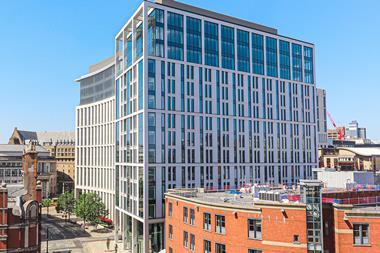
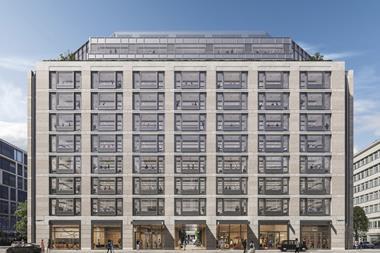

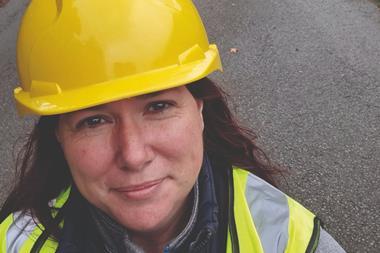
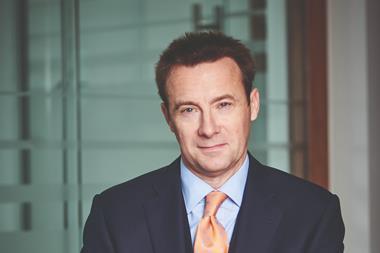
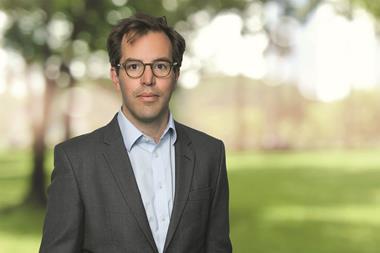
No comments yet